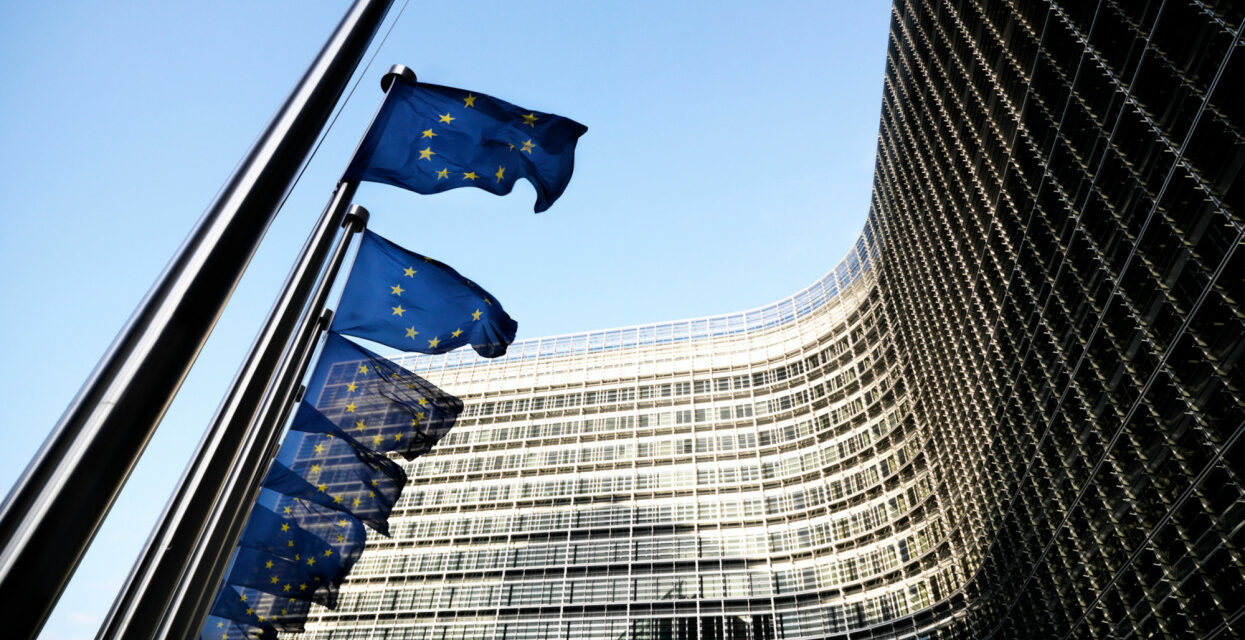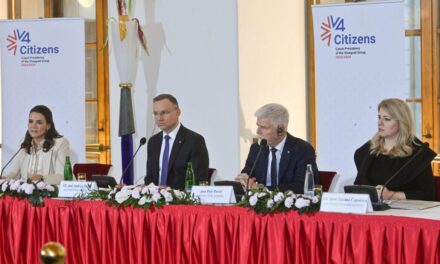The European Commission has accepted the partnership agreement concluded with Hungary - relating to the cohesion policy related to the recovery plan and the rule of law conditions, valid between 2021-2027 - the Brussels body informed on Thursday. Territorial Development Minister Tibor Navracsics welcomed the announcement of the agreement in a video message.
The agreement for the period 2021-2027, worth a total of almost 22 billion euros (about HUF 9,000 billion), will help the country implement common EU priorities such as balanced territorial development, fair climate protection and digital transition, while supporting innovative and inclusive social market economy, the EU commission announced.
It was announced that in order to implement the cohesion political and internal affairs programs, the member states must meet the conditions formulated in accordance with the Charter of Fundamental Rights of the European Union.
According to the statement, the European Commission believes that Hungary is committed to remedying the deficiencies related to the independence of the judiciary, as its recovery plan includes reforms aimed at strengthening the independence of the judiciary.
The relevant conditions can be considered fulfilled if Hungary has taken the measures related to the administration of justice that it undertook to do in the country's recovery plan, they wrote. At the same time, the EU committee believes that the provisions of the Hungarian Child Protection Act, as well as the serious risks affecting the freedom of academic life and the right to asylum, have a concrete and direct impact on compliance with the Charter when implementing certain objectives of the three cohesion programs and the Asylum, Migration and Integration Fund.
Explaining the details of the partnership agreement, they announced, among other things, that Hungary will invest 6.7 billion euros to improve the energy efficiency of public and private buildings and to increase energy production from renewable energy sources. It targets investments in technologies with low carbon dioxide emissions, which support a ten percent reduction in emissions in Hungary.
EU funds will also support the economic diversification of small and medium-sized enterprises (SMEs), for example through research and innovation related to energy efficiency, and in order to improve research and innovation performance, Hungary will invest 1.5 billion euros in infrastructure and research programs.
With 1.7 billion euros, the Cohesion Fund will, among other things, help the development of the country's transport infrastructure in the main rail network of the Trans-European Transport Network (TEN-T). They contribute around 5.3 billion euros to the improvement of labor market conditions, quality education and the integration of disadvantaged groups, including the Roma. It will contribute almost €1.8 billion to better access to quality education throughout the country by providing funding to make the teaching profession more attractive, they wrote, adding that the funds will improve housing, living and health conditions for people living in segregated areas. too.
Source and full article: Magyar Hírlap
Featured image: GettyImages













